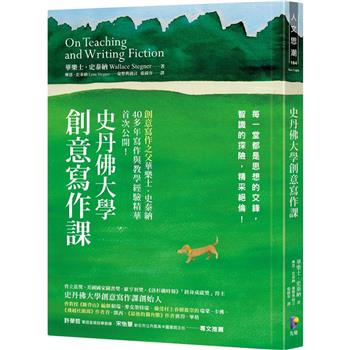PW Talks to Lise McClendon by Monica Whitebread PW: Why did you choose Kansas City as the setting for your Dorie Lennox series? LM: I lived in Kansas City for a couple of years and was always interested in its history. In the 1920s and ’30s, it was like Chicago, a wide-open town run by a political boss. People disregarded Prohibition. I thought it had an untapped background for the crime novel. PW: Did Dorie, a college dropout who’d been to reform school, emerge full-blown, or did she develop gradually? LM: I didn’t really do a lot of conscious development. I had Dorie grow up in Atchison [in Kansas] as a young girl when Amelia Earhart was doing her big flying adventures. Earhart was sort of an unconventional child. I drew also on the background of the Depression and all the problems that families had then, with fathers leaving and mothers being fairly desperate, and children being left pretty much to make their own way. As a private eye, Dorie needs to be self-reliant and not really tough, but toughened by life--enough that she won’t be so frightened by situations that she can’t act. PW: How unusual were female PIs back then? LM: There were female detectives in the Pinkerton Agency back in the ’20s and ’30s, so I decided that Dorie would be an unusual woman for that period, but not unrealistic. PW: Fascist activity plays a big role in Sweet and Lowdown. You must have done a lot of research. LM: There was an article and a picture in Life magazine in 1939 or 1940 of Brown Shirts meeting with some state or national official in Missouri. There was a strong democratic principle at work--that you have freedom of assembly, no matter what your beliefs. That principle of democracy held for quite a while, but as we got into the war, those principles went by the wayside. PW: What can you tell us about the Silver Shirts? LM: It was kind of scary, really, doing the research on the Silver Shirts. The man who started that movement, William Dudley Pelley, who was a popular novelist around World War I, had a huge following. He even ran for president. It’s fascinating to explore fanatical minds, but you don’t want to stay there too long. PW: You write about Kansas City with obvious affection. LM: Any place where you live and work and know people can be made interesting in fiction. It’s the way you look at it. If you look at it as teeming with life, then it is.
| FindBook |
有 1 項符合
Sweet and Lowdown的圖書 |
 |
Sweet and Lowdown 作者:McClendon 出版社:Createspace Independent Publishing Platform 出版日期:2017-10-14 語言:英文 規格:平裝 / 288頁 / 22.86 x 15.24 x 1.52 cm / 普通級/ 初版 |
| 圖書館借閱 |
| 國家圖書館 | 全國圖書書目資訊網 | 國立公共資訊圖書館 | 電子書服務平台 | MetaCat 跨館整合查詢 |
| 臺北市立圖書館 | 新北市立圖書館 | 基隆市公共圖書館 | 桃園市立圖書館 | 新竹縣公共圖書館 |
| 苗栗縣立圖書館 | 臺中市立圖書館 | 彰化縣公共圖書館 | 南投縣文化局 | 雲林縣公共圖書館 |
| 嘉義縣圖書館 | 臺南市立圖書館 | 高雄市立圖書館 | 屏東縣公共圖書館 | 宜蘭縣公共圖書館 |
| 花蓮縣文化局 | 臺東縣文化處 |
|
|
圖書介紹 - 資料來源:博客來 評分:
圖書名稱:Sweet and Lowdown
|











